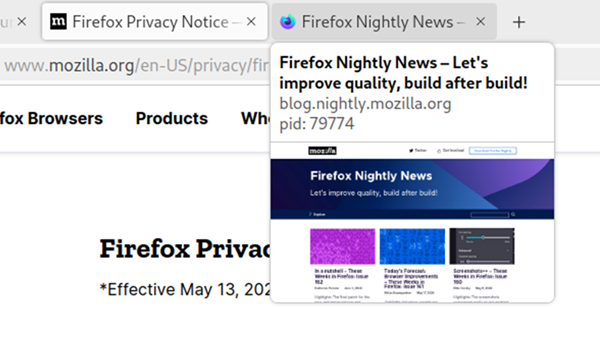WordPress.org Suspends Services Including Plugin/Theme/Photo Submissions, Potentially Damaging the Ecosystem
The open-source Content Management System (CMS) WordPress, developed and operated by Automattic with founders including Matt Mullenweg, has recently faced a severe legal conflict with WP Engine, leading to unprecedented actions in the open-source software domain.
Due to WP Engine's WordPress hosting service impacting Automattic's interests, Automattic resorted to leveraging the principal maintainer's power to forcibly halt WP Engine's operations.
This week, Matt Mullenweg announced on WordPress.org the suspension of certain free services during the Christmas holiday, including new user registrations, plugin submissions, theme submissions, and new photo directory submissions.
It's important to note that WordPress is a GPL-based open-source CMS, and WordPress.org serves as the official site for this project, offering services like plugin and theme repositories.
In his blog, Mullenweg continued to criticize WP Engine, claiming the company achieved success by incurring hefty legal fees, thereby obliging Automattic to provide free labor and services.
Under normal circumstances, WordPress.org would reopen after the Christmas and New Year holidays to continue servicing over 100 million WordPress sites worldwide. However, there's a possibility that WordPress.org might remain closed in 2025.
Michele Rosen, a research manager at market analysis firm IDC, commented: "It's unfortunate to see leaders of the open-source community repeatedly damaging their own projects. Many enterprise WordPress administrators might reconsider their continued use of WordPress."
Landian.news, also a user of the WordPress software, expressed shock at Automattic's actions. Given that WordPress is open-source and WP Engine's paid hosting service based on this open-source software wasn't inherently problematic, Automattic's attempt to prohibit WP Engine from using WordPress and its services was surprising.
The conflict has now extended to WordPress.org. If the site remains closed long-term, the entire WordPress community may have to seek alternatives, including but not limited to abandoning WordPress forks, building alternative sites to WordPress.org, or even ceasing to use WordPress altogether.
Mullenweg's current approach seems aimed at pressuring the courts and WP Engine through public and community support. However, this strategy might backfire, especially considering WP Engine hasn't been found guilty of any misconduct.
Given instances like Redis altering its license to prevent platforms like Amazon AWS from profiting off open-source software without contributing back to the community, WordPress might also face a future where it becomes closed-source with a specific license restricting third-party hosting services.




![[Download ] Mozilla Firefox v133.0 Official Release: Enhanced Privacy with New Bounce Tracking Protection](https://img.lancdn.co/news/2024/06/4261T.png)





